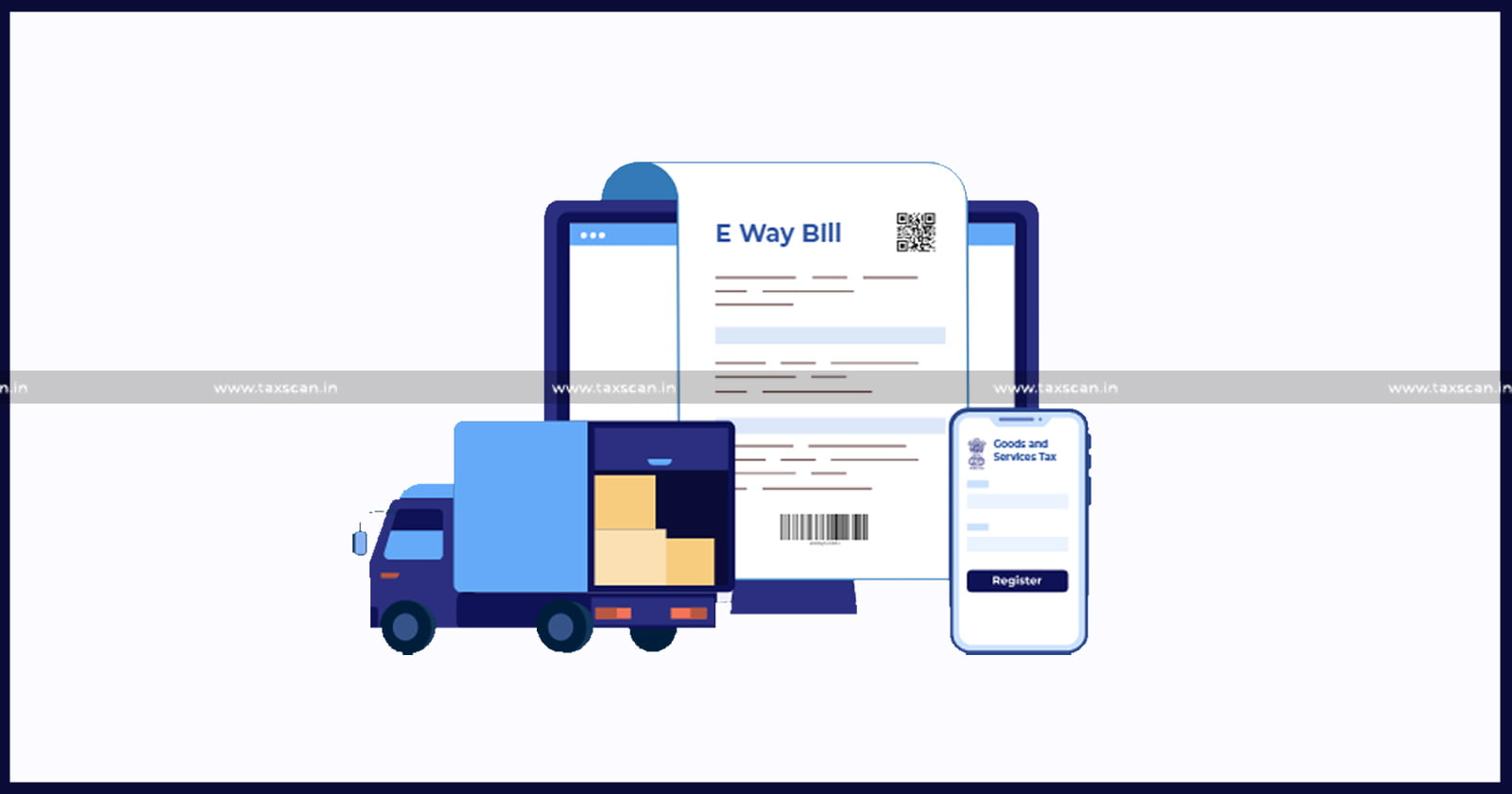Goods in Transit cannot be Treated as non-Traceable in Presence of Tax Invoice, E-Way Bill and Bilty : Allahabad HC [Read Order]

Goods – Treated – non-Traceable – Presence – Tax Invoice-E-Way- Bill – Bilty-Allahabad- HC-TAXSCAN
Goods – Treated – non-Traceable – Presence – Tax Invoice-E-Way- Bill – Bilty-Allahabad- HC-TAXSCAN
In a recent decision the Allahabad High Court held that goods in transit cannot be treated as non-traceable in presence of Tax Invoice, E-Way Bill and Bilty.
The writ petitioner, M/S Bhawani Traders, is aggrieved by the penalty order passed by the Assistant Commissioner Mathura in Form MOU-09 under Section 129(1) (b) of the Goods and Services Tax Act, 2017 whereby and whereunder penalty of Rs.48,53,940/- has been levied upon the petitioner by not treating the petitioner to be the owner of goods.
Admittedly, the goods were duly accompanied by the tax invoice, e-way bill and bilty issued in the name of the petitioner as the consignor and the goods were in transit through the State of U.P. during its movement from Kolkata to New Delhi and as such, there was no intention to evade tax.
It was further contended that the petitioner is the owner of the goods and is ready and willing to deposit penalty under protest under Section 129(1) (a) of the GST Act to get the goods released considering the perishable nature of the goods and diminishing of its value substantially with the onset of monsoons.
Ankur Agarwal, counsel representing the revenue has vehemently opposed the writ petition by submitting that the petitioner has rightly been held not the owner of the goods and the penalty has rightly been imposed upon the petitioner under Section 129(1) (b) of the GST Act. He, however, could not dispute the fact that intention to evade tax is a per-requisite for imposition of penalty under Section 129 of the GST Act.
A Division Bench comprising of Justices Ashutosh Srivastava and Pritinker Diwaker observed that “The E-way Bills being the documents of title to the goods were accompanying the goods hence, the conclusion of the revenue that the petitioner was not the owner of the goods is patently erroneous. Consequently, the penalty proceedings were liable to be initiated under Section 129(1)(a) and not 129(1)(b) as has been done in the present case.”
To Read the full text of the Order CLICK HERE
Support our journalism by subscribing to Taxscan premium. Follow us on Telegram for quick updates


